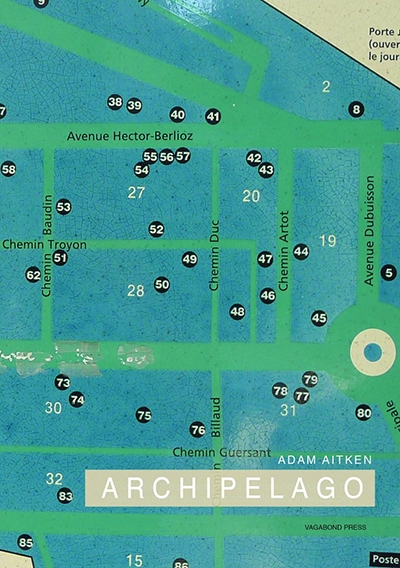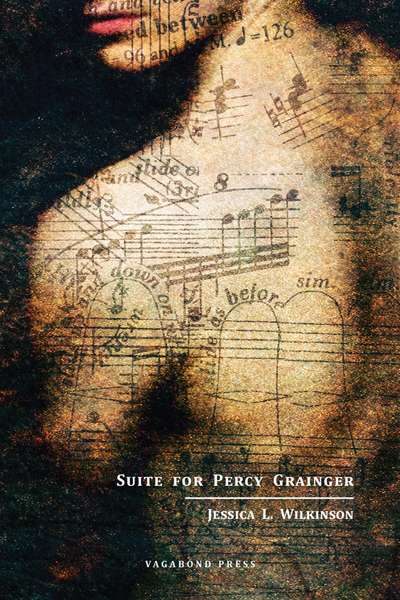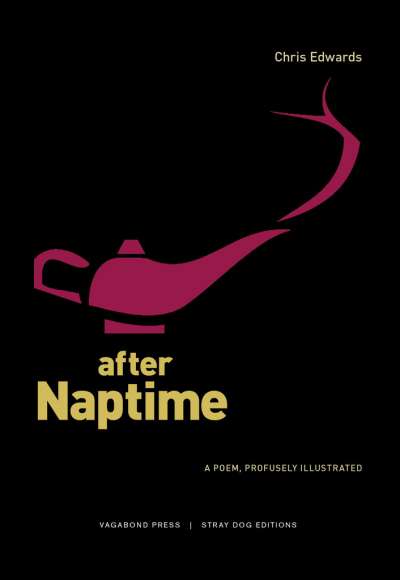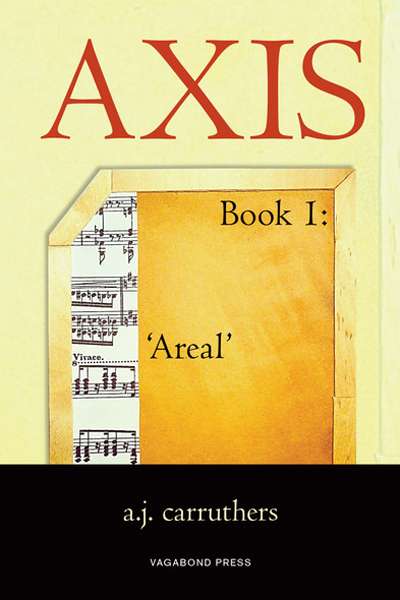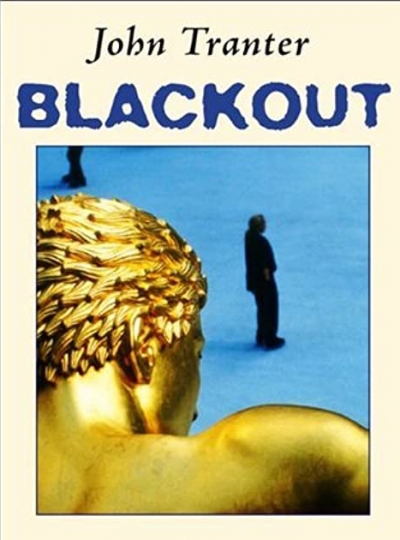Vagabond Press
Fiona Hile reviews 'Rhinestone' by Ella O'Keefe, 'Metadata' by Amelia Dale, 'end motion/manifest' by Sian Vate, and 'Office of Locutions' by Kate Middleton
by Fiona Hile •
All writers need good bookshelves, but the poet, perhaps more than any other writer, is charged with the involuntary dispensation and relentless accumulation of reading material. This is partly due to the proclivities of the producers and partly due to the characteristics of the form itself. As the notable cultural critic Pierre Bourdieu remarked, poetry's effects d ...
A Cool and Shaded Heart by Noel Rowe & Ethical Investigations by Noel Rowe
by David McCooey •

